Corporate Sustainability Reporting Directive (CSRD) Update: Implementation Delays and New Timeline
Update March 2025:
As of March 2025, the European Union's Corporate Sustainability Reporting Directive (CSRD) is undergoing significant proposed amendments aimed at simplifying reporting requirements, reducing burdens on companies, and enhancing European competitiveness. In line with the "Simplification Omnibus" initiative introduced by the European Commission in February 2025, a proposal has been put forward to postpone the application dates of certain CSRD provisions by two years.
The CSRD's reporting requirements are being postponed by two years, shifting the second wave (large undertakings) from 2025 to 2027 and the third wave (listed SMEs, certain credit institutions, and captive insurers) from 2026 to 2028.
Furthermore, the proposal includes a reduction in the scope of undertakings subject to mandatory sustainability reporting under Directive 2013/34/EU (the Accounting Directive). The focus is now on large undertakings exceeding an average of 1,000 employees & €450 million in net turnover generated in the European Union during the financial year, aiming to exempt approximately 80% of companies initially in scope.
Additionally, the European Commission intends to revise the first set of European Sustainability Reporting Standards (ESRS) to simplify and streamline them. This revision aims to substantially reduce the number of mandatory data points, prioritize quantitative data, clarify unclear provisions, improve consistency with other EU legislation, provide clearer guidance on materiality assessment, and simplify the structure of the standards.
These proposed amendments are being considered alongside adjustments to the Corporate Sustainability Due Diligence Directive (CSDDD), including a potential postponement of its transposition deadline and application. The overarching goal is to maintain the policy objectives of the European Green Deal and the Sustainable Finance Action Plan while making the regulatory framework more manageable for businesses.
It is important to emphasize that these are currently proposed amendments, and their final implementation is subject to further decisions by the European Parliament and the Council. Stakeholders are advised to stay updated on official legislative developments to ensure compliance and strategic alignment with the evolving regulatory landscape.
Introduction
The Corporate Sustainability Reporting Directive (CSRD) is more than just a regulation; it's a pivotal part of the European Green Deal aimed at steering large companies and listed entities toward greater transparency in their social and environmental impacts. This directive mandates regular, standardized reporting on the risks companies face and the significant effects of their activities on people and the environment. This is an essential step in helping investors, civil society organizations, consumers, and other stakeholders assess corporate sustainability performance effectively.
The CSRD aligns with the EU Green Deal's objective of achieving climate neutrality by 2050, emphasizing the role of corporate transparency in driving sustainable business practices (Lin, 2022).
Let’s dive into Europe’s CSRD regulation.
What is the Corporate Sustainability Reporting Directive (CSRD)?
The CSRD is an evolved regulatory framework introduced by the European Union that builds upon and supersedes the Non-Financial Reporting Directive (NFRD). Its primary aim is to enhance the quality and consistency of sustainability information disclosed by companies across the EU. This new directive will establish a standardized reporting system that ensures all relevant social and environmental metrics are transparently communicated.
Standardized sustainability reporting under the CSRD will facilitate better comparison across companies, making it easier for investors to make informed decisions. The directive mandates that companies disclose more detailed and accurate information regarding their sustainability practices and impacts, covering a broader range of environmental, social, and governance (ESG) metrics than ever before.
How does CSRD work?
The CSRD requires companies to prepare a detailed sustainability report annually using the European Sustainability Reporting Standards (ESRS). These reports must be electronically readable and searchable, ensuring accessibility for various stakeholders. Companies must integrate their sustainability data into their annual management report, adhering to specific criteria and guidelines set by the ESRS.
To ensure the accuracy and reliability of the reported information, the CSRD requires independent assurance services, which will verify the sustainability reports' compliance with the ESRS. This added layer of verification aims to bolster the credibility of the disclosed information, fostering greater trust among stakeholders.
What are the requirements of CSRD?

The CSRD lays out specific technical criteria for sustainability reporting through the ESRS. These standards can be categorized into various sections, each focusing on different aspects of sustainability:
Cross-cutting Standards
- General requirements: This involves overall governance structures and reporting frameworks. Companies must provide comprehensive disclosures about their governance models, including the roles and responsibilities of their governing bodies regarding sustainability matters.
- General disclosures: These cover a broad range of Environmental, Social, and Governance (ESG) topics. Companies need to present a holistic view of their sustainability performance, encompassing their policies, targets, and actions taken to address ESG issues.
Environmental Standards
- Climate Change (ESRS E1): Companies must disclose their full scope 1, 2, and 3 greenhouse gas emissions, climate-related risks, carbon pricing strategies, energy usage, and a credible transition plan aligned with the Paris Agreement. Detailed information about the company's progress towards achieving its climate goals and mitigating climate risks must also be included.
- Pollution (ESRS E2): This standard focuses on air, soil, and water pollution resulting from direct company operations and activities across the value chain. Companies need to provide metrics on pollutant emissions and their measures to prevent, mitigate, and remediate pollution.
- Water and Marine Resources (ESRS E3): Companies must disclose their water consumption, recycling practices, and impacts on marine ecosystems. They should outline their water management strategies, including efforts to reduce water usage and improve water quality.
- Biodiversity and Ecosystems (ESRS E4): Reporting requirements include the impact on natural environments and plans to address biodiversity loss. Companies must describe their initiatives to protect and restore biodiversity, as well as the outcomes of these efforts.
- Resource Use and Circular Economy (ESRS E5): This standard focuses on circular material resources and waste generated during operations. Companies should detail their resource efficiency strategies, waste management practices, and efforts to promote a circular economy.
Social Standards
- Own Workforce (ESRS S1): Companies must disclose workforce data such as employee location, gender breakdown, and compliance with child labour policies. Other relevant information includes employee training, health and safety measures, and initiatives to promote diversity and inclusion.
- Workers in Value Chain (ESRS S2): Disclosures related to policies and processes concerning upstream workers in the value chain, including human trafficking prevention. Companies should provide information on their due diligence practices and efforts to ensure fair labour practices throughout their supply chain.
- Affected Communities (ESRS S3): This standard focuses on the company's impact on communities and measures for those communities to voice concerns. Companies must describe their community engagement activities, social investment programs, and mechanisms for addressing community grievances.
- Consumers and End-Users (ESRS S4): Similar to ESRS S3 but focused on end-users' concerns. Companies should disclose information on product safety, customer satisfaction, and their efforts to address consumer feedback.
Governance Standard
- Business Conduct (ESRS G1): Companies must disclose procedures and processes for transparency, including anti-corruption and anti-bribery measures. Other relevant information includes corporate governance structures, risk management practices, and compliance with legal and regulatory requirements.
When does CSRD become mandatory?
The CSRD will be enforced in phases, allowing companies to align their reporting practices with the new requirements gradually:
- January 2024: Large EU companies with over 500 employees must begin data collection for reporting in 2025. These companies must have the necessary systems and processes to gather and disclose comprehensive sustainability information.
- January 2025: Other large EU companies must start data collection for reporting in 2026. This phase targets companies that meet two out of three criteria: more than 250 employees, over €40 million in net turnover, or more than €20 million in total assets.
- January 2026: Small and medium-sized enterprises (SMEs) can begin data collection but may opt out of reporting for two years. This gives SMEs more time to prepare for the reporting requirements.
- January 2028: Non-EU parent companies with significant turnover in the EU must start data collection for reporting in 2029. This phase ensures that non-EU companies operating in the EU market also adhere to CSRD standards, promoting a level playing field.
Who needs to comply with CSRD?
The CSRD applies to a broad range of organizations, including:
- EU-based public companies (excluding micro-enterprises) and large private organizations: These companies must adhere to the CSRD's comprehensive reporting requirements, ensuring transparency and accountability in their sustainability practices.
- Small and medium-sized enterprises (SMEs) with operations or securities in Europe: SMEs are also subject to the CSRD, although they have more time to comply with the reporting requirements. This inclusion ensures that smaller companies also contribute to the EU's sustainability goals.
- Non-EU parent companies with significant turnover in the EU: These companies must comply with the CSRD, ensuring that all major players in the EU market adhere to the same sustainability standards. This requirement promotes fair competition and encourages global companies to adopt sustainable practices.
Why should you care about CSRD?
Enforcement and Penalties
Non-compliance with the CSRD can lead to substantial penalties, including monetary fines and potential legal repercussions. For instance, in France, non-compliance could result in fines up to €75,000 and even imprisonment for corporate directors. These stringent penalties underscore the importance of adhering to the directive and the serious consequences of failing to do so.
The transition from voluntary to mandatory reporting under the CSRD poses challenges, including increased administrative burdens and the need for standardized reporting frameworks. However, it also presents opportunities for companies to improve their sustainability practices and align with global climate goals (Primec & Belak, 2022).
Investor Scrutiny
Failing to comply with the CSRD can lead to increased scrutiny from investors and stakeholders, potentially resulting in divestment or other negative consequences. Investors increasingly prioritize sustainability in their decision-making processes, and companies that do not meet CSRD requirements may be viewed as high-risk or less attractive investment opportunities.
Reputational Damage
Non-compliance can harm a company’s reputation, affecting relationships with customers, employees, and other stakeholders. In today's socially conscious market, consumers and employees are increasingly drawn to companies that are committed to sustainability. Failing to meet CSRD standards can erode trust and loyalty, potentially leading to lost business and talent.
Economic and Environmental Benefits
The directive aims to improve the quality of sustainability reporting, leading to better strategies for reducing GHG emissions. For instance, between 2014 and 2020, large European energy companies reported significant improvements in emission reductions due to enhanced reporting practices (Voicu, 2023).
How can Arbor help you with CSRD?
Navigating the CSRD can be challenging, but Arbor is here to assist you every step of the way. Our services are tailored to help your company meet specific CSRD requirements efficiently and effectively.
One crucial component of the ESRS is the environmental standards, particularly ESRS E1, which focuses on climate change. Arbor provides comprehensive carbon data to meet ESRS E1 requirements. Our team of experts will work closely with your organization to gather, analyze, and report the necessary data, ensuring compliance with confidence. We offer end-to-end solutions, from data collection to report submission, which makes the process seamless and less burdensome for your team.
Moreover, Arbor's technology platform is designed to integrate seamlessly with your existing systems, providing real-time reporting capabilities. This ensures that your sustainability data is not only accurate but also readily available for stakeholder review. By leveraging our expertise, your company can focus on implementing effective sustainability practices while we handle the intricacies of CSRD compliance.
Arbor also provides expert support for your team, ensuring that everyone involved in sustainability reporting understands the requirements and processes. This comprehensive approach helps to build a culture of sustainability within your organization, promoting long-term success and compliance.
Talk to Arbor’s carbon experts
Summary
The CSRD represents a significant step in standardizing corporate sustainability reporting across the EU. It builds upon the NFRD and introduces more rigorous and comprehensive reporting standards. As the directive unfolds in phases, companies must align their reporting practices to meet the ESRS criteria effectively.
Non-compliance with CSRD can lead to severe penalties, including fines and reputational damage. Companies must begin data collection and align their reporting strategies with the ESRS to ensure compliance. Preparing for these requirements now will position your company as a leader in sustainability, enhance your reputation, and attract investment.
Arbor provides tailored solutions to help companies navigate the complexities of the CSRD, ensuring they meet all requirements effectively and efficiently. By leveraging Arbor’s expertise, companies can confidently tackle the challenges, meet CSRD requirements, and contribute positively to global sustainability goals.
Take action on the Corporate Sustainability Reporting Directive (CSRD) with Arbor
Ready to ensure your company meets the CSRD requirements with confidence? Talk to our carbon experts today to discover how Arbor can help you navigate the complexities of sustainability reporting and stay ahead of the curve.
Measure your carbon emissions with Arbor
Simple, easy carbon accounting.
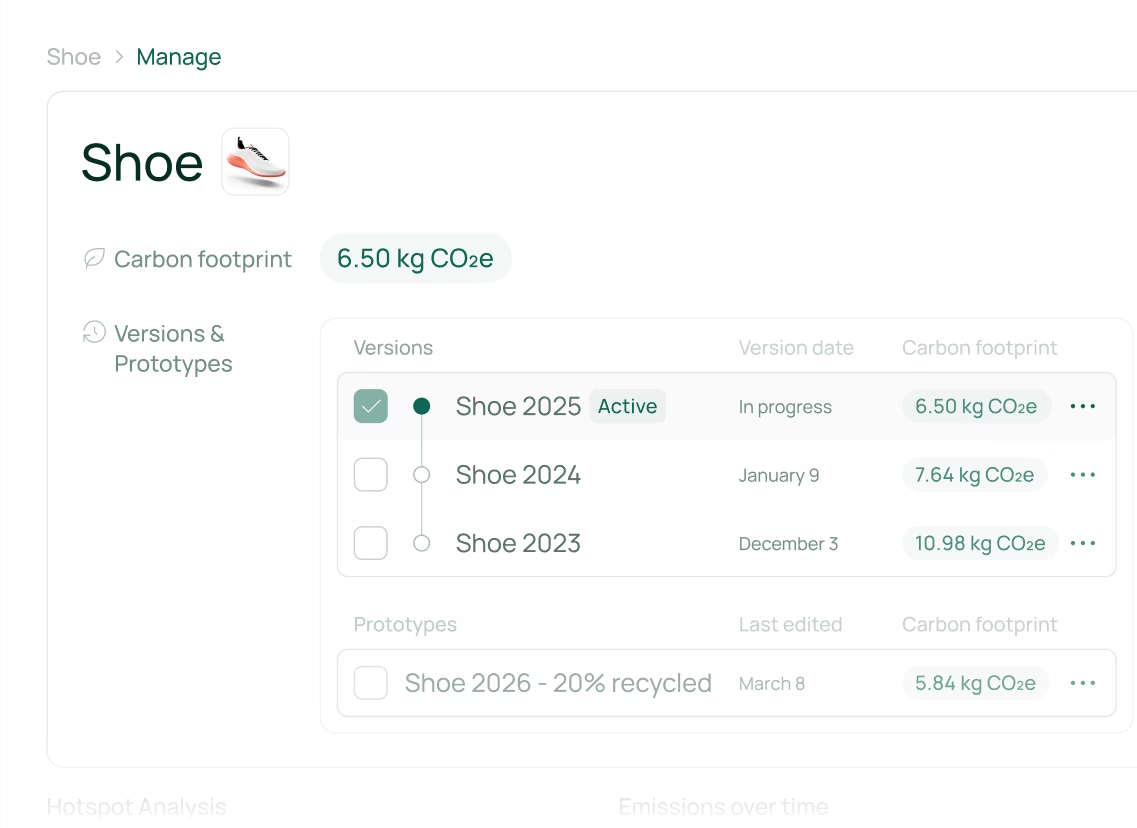
FAQ about CSRD
What is the CSRD in the EU?
The CSRD, or Corporate Sustainability Reporting Directive, is European Union legislation that took effect on January 5, 2023. It requires EU companies and qualifying subsidiaries of non-EU companies to disclose their environmental and social impacts, as well as the effects of their ESG actions on their business.
Who falls under CSRD?
The CSRD applies to a broad range of organizations, including EU-based public companies (excluding micro-enterprises), Small and medium-sized enterprises (SMEs) with operations or securities in Europe, and Non-EU parent companies with significant turnover in the EU.
Is CSRD replacing NFRD?
Yes, the CSRD is replacing the Non-Financial Reporting Directive (NFRD). Approved by the European Parliament in November 2022, the CSRD establishes new non-financial reporting standards and obligations effective from 2024.
What is the CSRD threshold in the EU?
CSRD thresholds include companies with total assets exceeding €25 million, a net turnover exceeding €50 million, or more than 250 employees on average during the financial year.
Why is CSRD important?
The CSRD is important because it introduces new standards and requirements for companies to disclose information on their environmental, social, and governance (ESG) impacts and risks, promoting greater transparency and accountability.
What is the CSRD rating?
The CSRD rating, specifically in the power sector, refers to the Consumer Service rating of DISCOMs, which was launched to identify critical areas and meet minimum standards to strengthen overall performance.
Which companies will CSRD apply to?
The CSRD will apply to EU-based public companies (excluding micro-enterprises) and large private organizations. Criteria include having 250+ employees, €50 million+ in annual revenues, or €25 million+ in total assets.
What is an example of a CSRD company?
An example of a company adhering to CSRD standards is Siemens AG in Germany, which provides comprehensive sustainability reporting covering environmental strategies, social responsibility initiatives, and governance practices.
What happens if you are not complying with CSRD?
Non-compliance with the CSRD can lead to administrative sanctions such as public denunciation, orders to change conduct, and financial penalties.
What is the difference between CSRD and SFDR?
While the CSRD focuses on comprehensive company reporting, the SFDR (Sustainable Finance Disclosure Regulation) ensures transparency in financial markets. Both use EU Taxonomy metrics to promote sustainable investment.
Who oversees the CSRD?
The European Financial Reporting Advisory Group (EFRAG) oversees the CSRD. EFRAG has defined the reporting standards under the directive, which are based on the principle of double materiality: impact materiality and financial materiality.
Is CSRD the same as TCFD?
No, while both the CSRD and TCFD (Task Force on Climate-related Financial Disclosures) aim to enhance corporate transparency, the CSRD is broader, covering all ESG issues, while TCFD focuses solely on climate concerns.
Is CSRD mandatory?
Yes, the CSRD is mandatory for businesses, requiring them to disclose their greenhouse gas emissions and other sustainability-related information.
Has the EU adopted the CSRD?
Yes, the CSRD has been officially adopted by the European Union Council and entered into force on January 5, 2023.
Who is affected by CSRD?
The CSRD affects any company with at least one large or listed EU subsidiary or at least one branch with a net turnover of €40 million in the EU and that has generated a net turnover of more than €150 million in the European market over the last two consecutive financial years.
What is the European Union's official definition of CSR?
The European Commission defines Corporate Social Responsibility (CSR) as "the responsibility of enterprises for their impacts on society."
What is CSRD equivalence?
CSRD equivalence includes a mechanism where non-EU parent companies of EU subsidiaries can report using equivalent reporting standards to the ESRS. This allows for certain reporting exemptions if the EU subsidiary is included within the consolidated report.
What is the relationship between CSRD and EU taxonomy?
The EU Taxonomy defines economic activities considered environmentally sustainable. The CSRD requires companies to report their sustainability performance against the EU Taxonomy criteria.
What is the difference between CSRD and ESRS?
The CSRD sets out reporting requirements and obligations, whereas the ESRS (European Sustainability Reporting Standards) provides the framework and methodology for meeting these requirements. Although they are interconnected, each serves distinct functions.


%20EU%20Regulation.avif)
.webp)
%20Directive.webp)
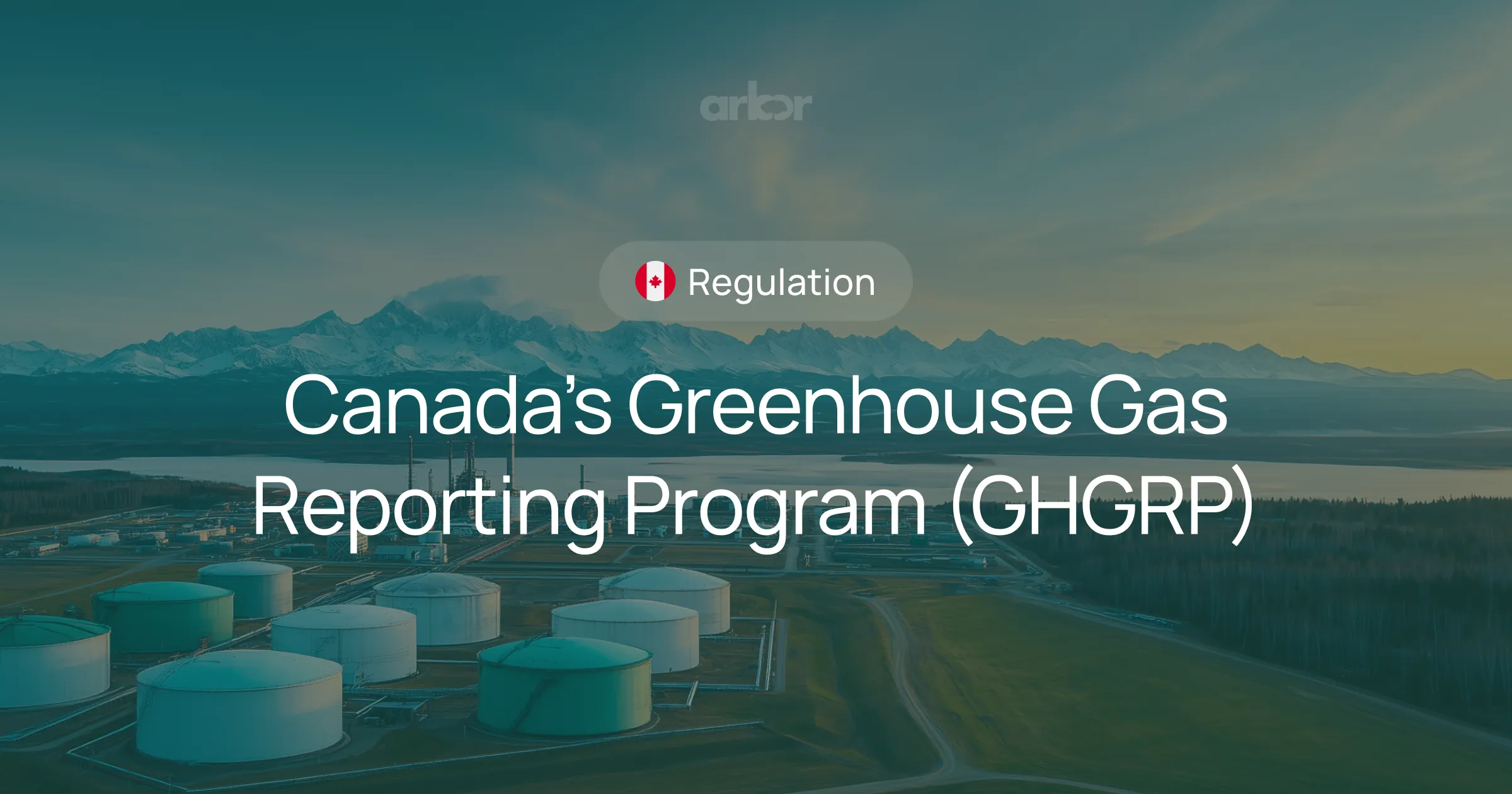

.webp)
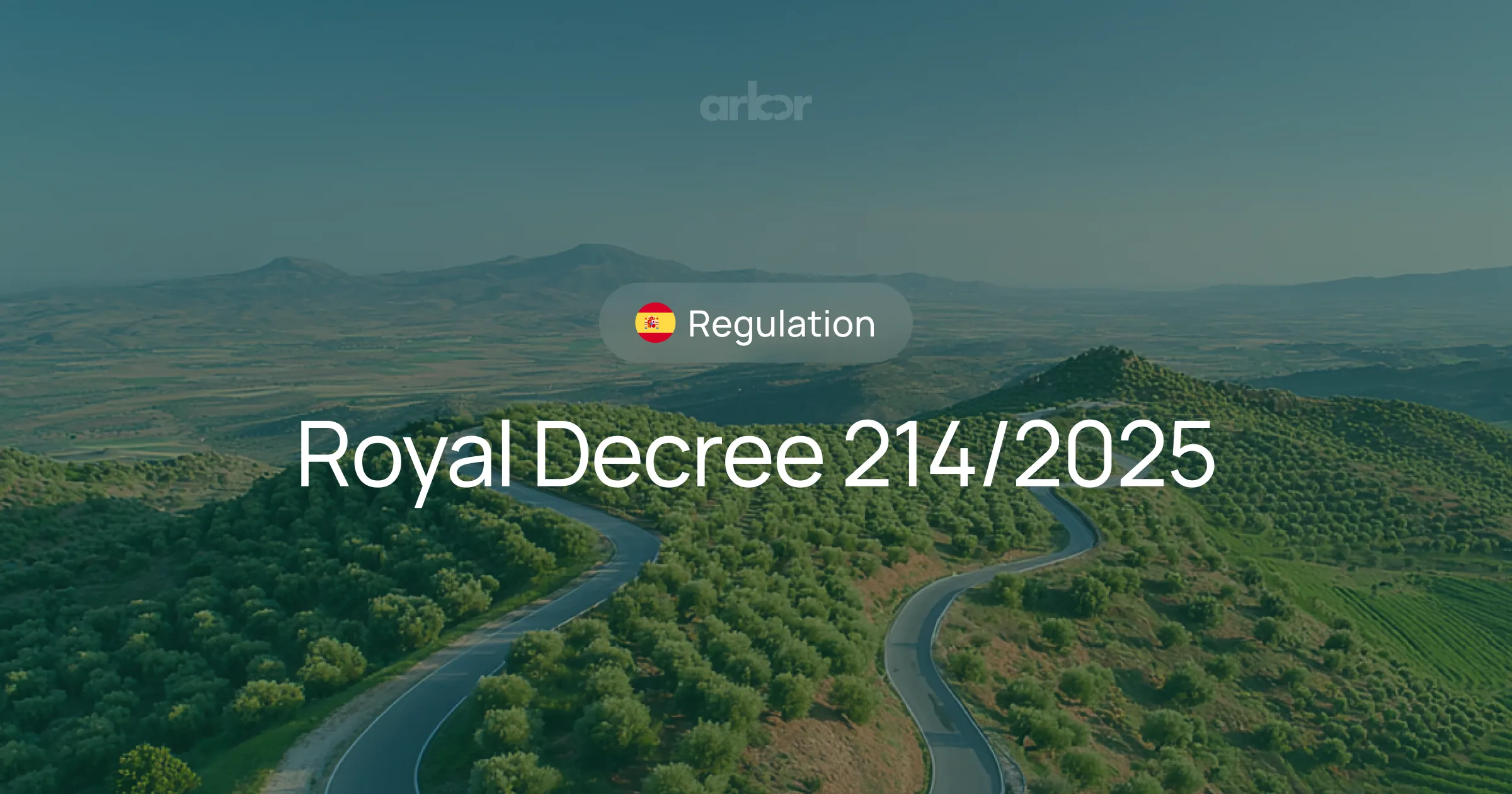
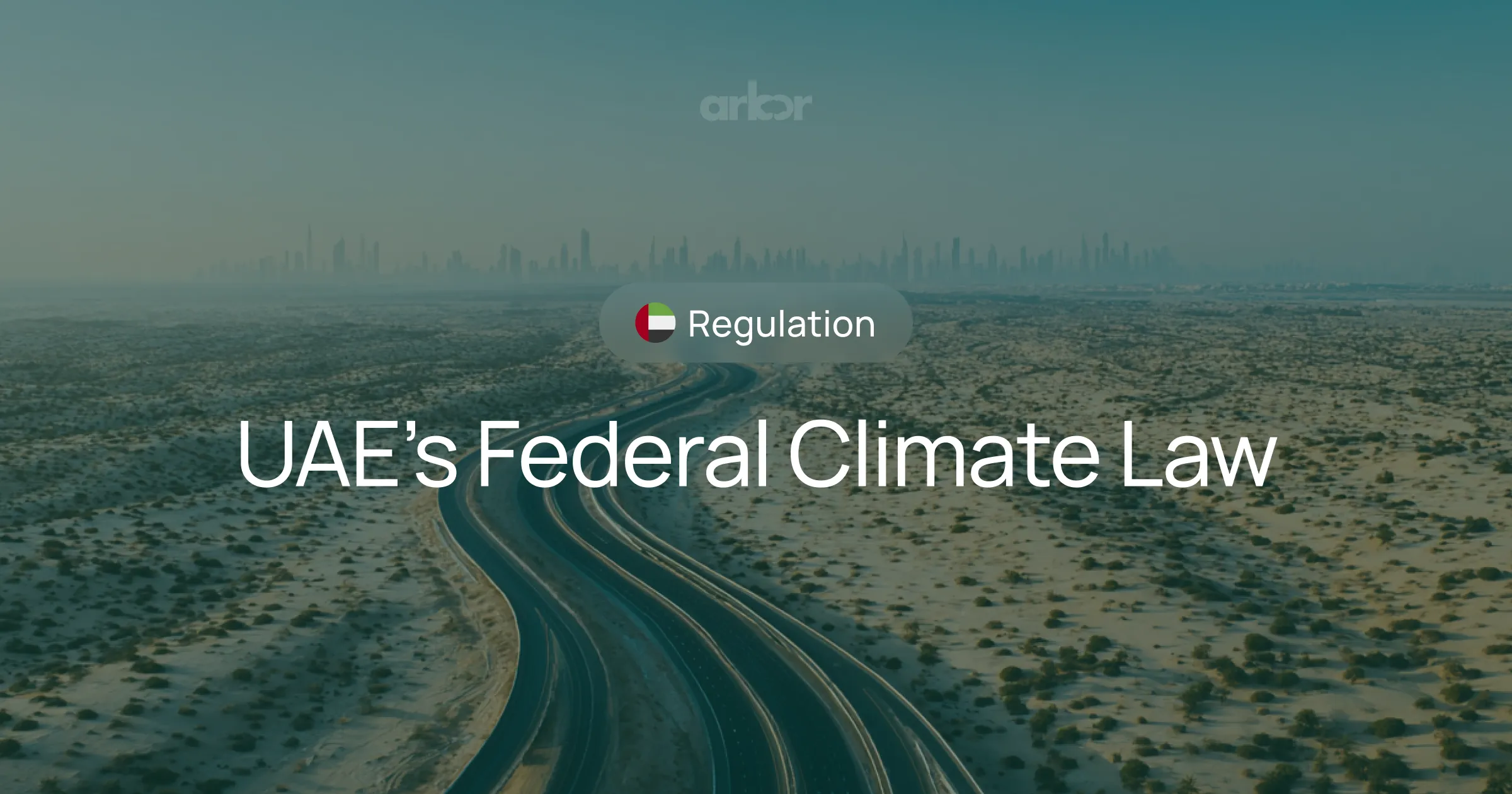
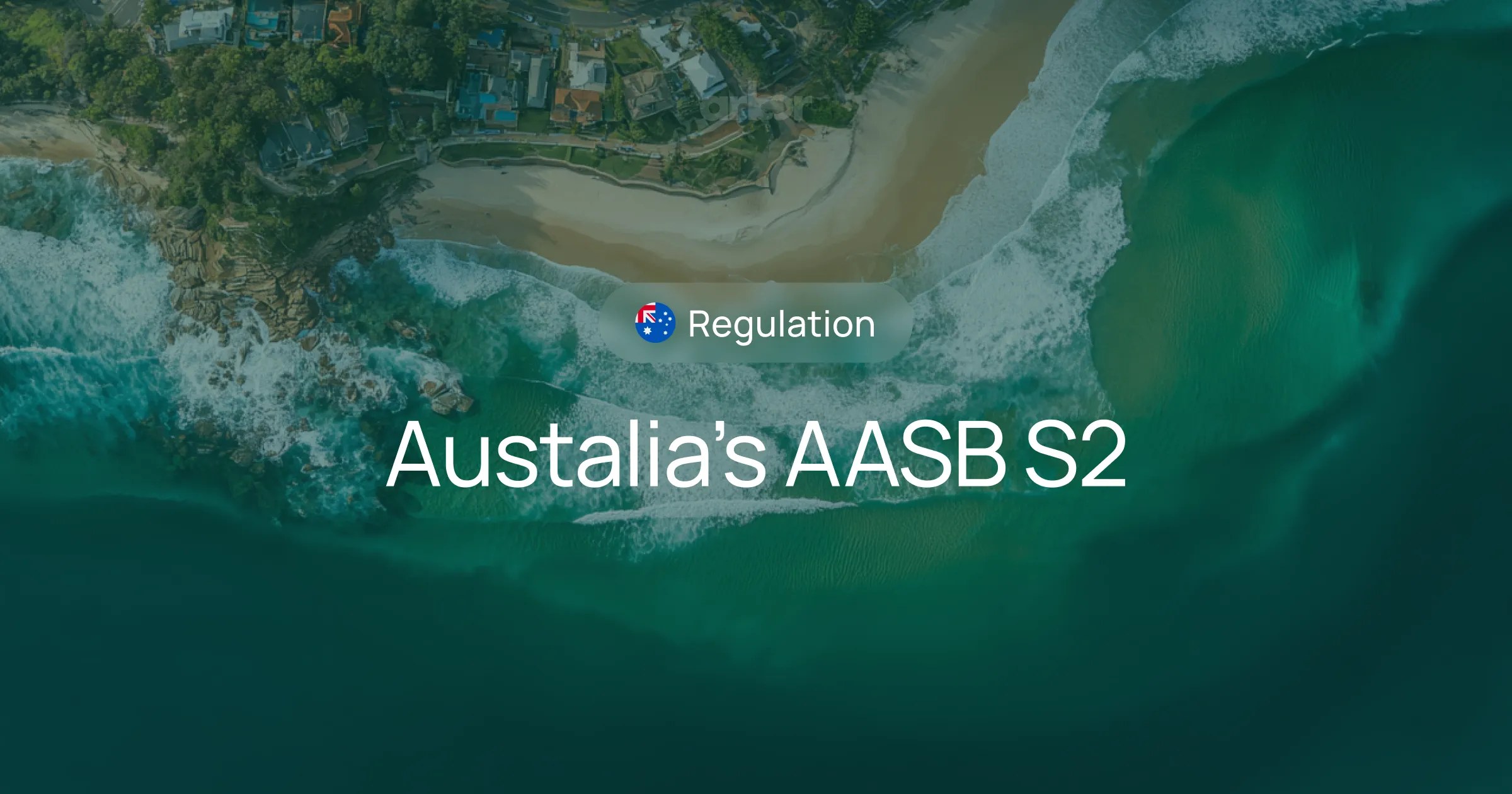
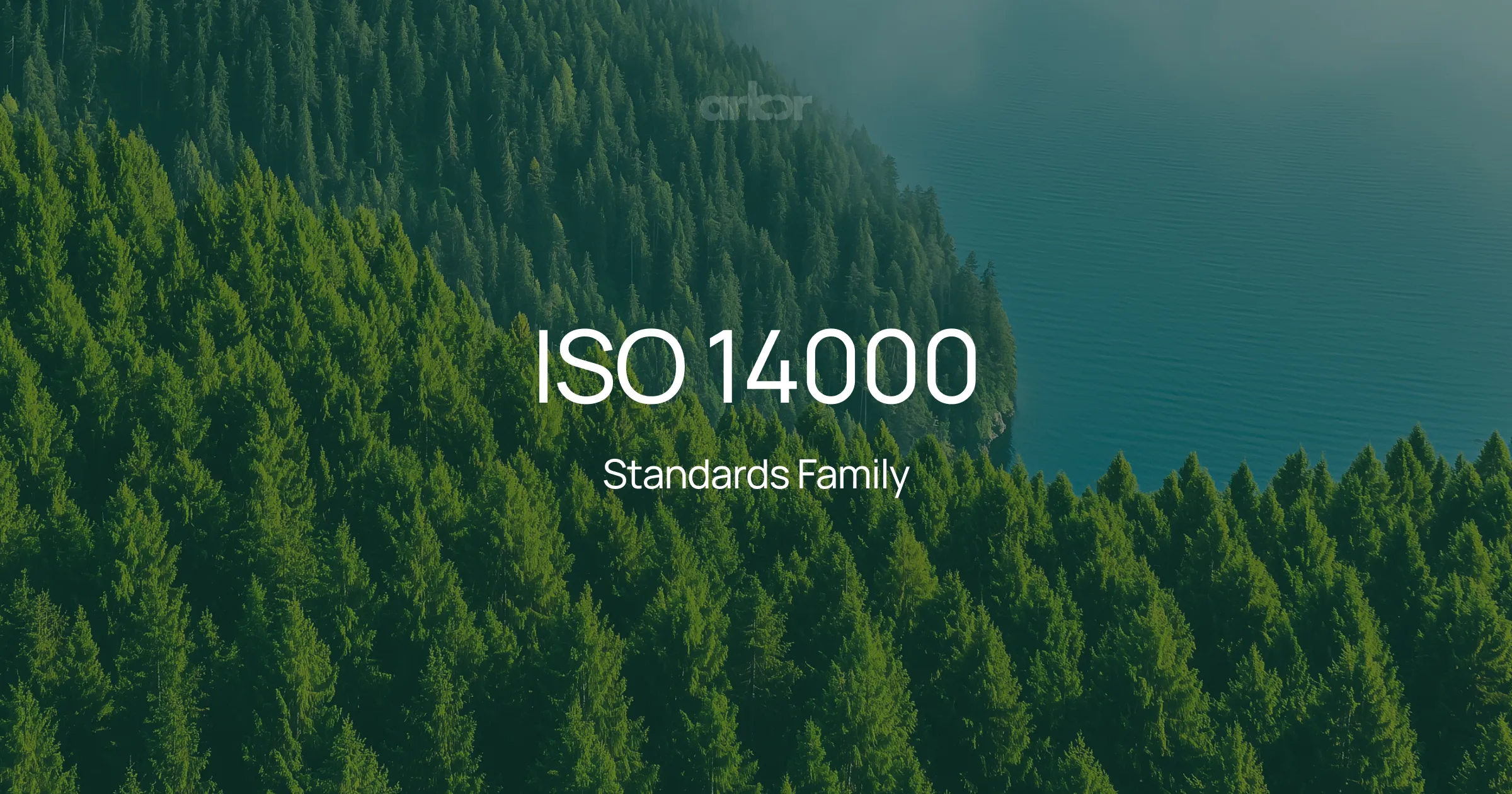
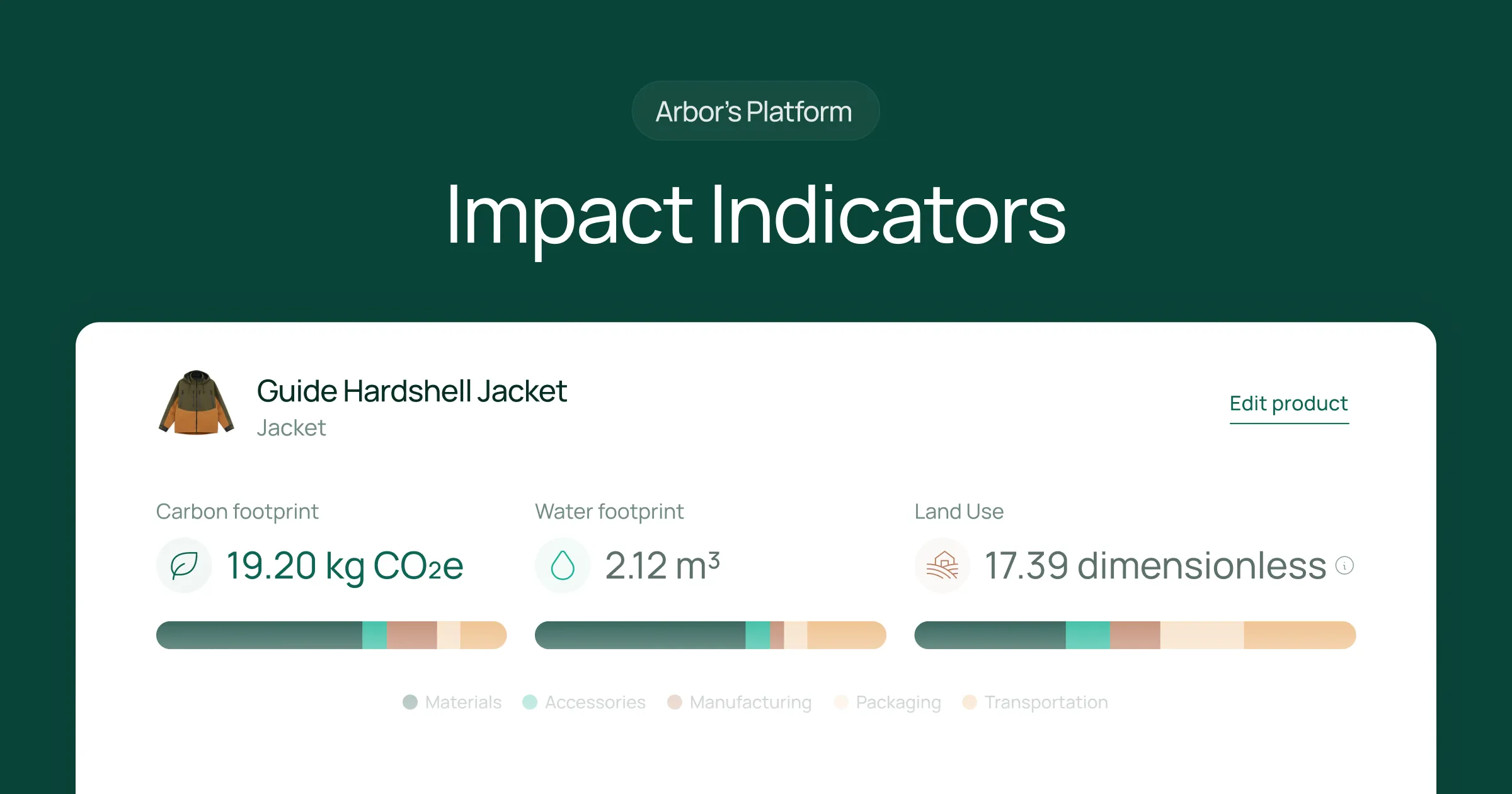
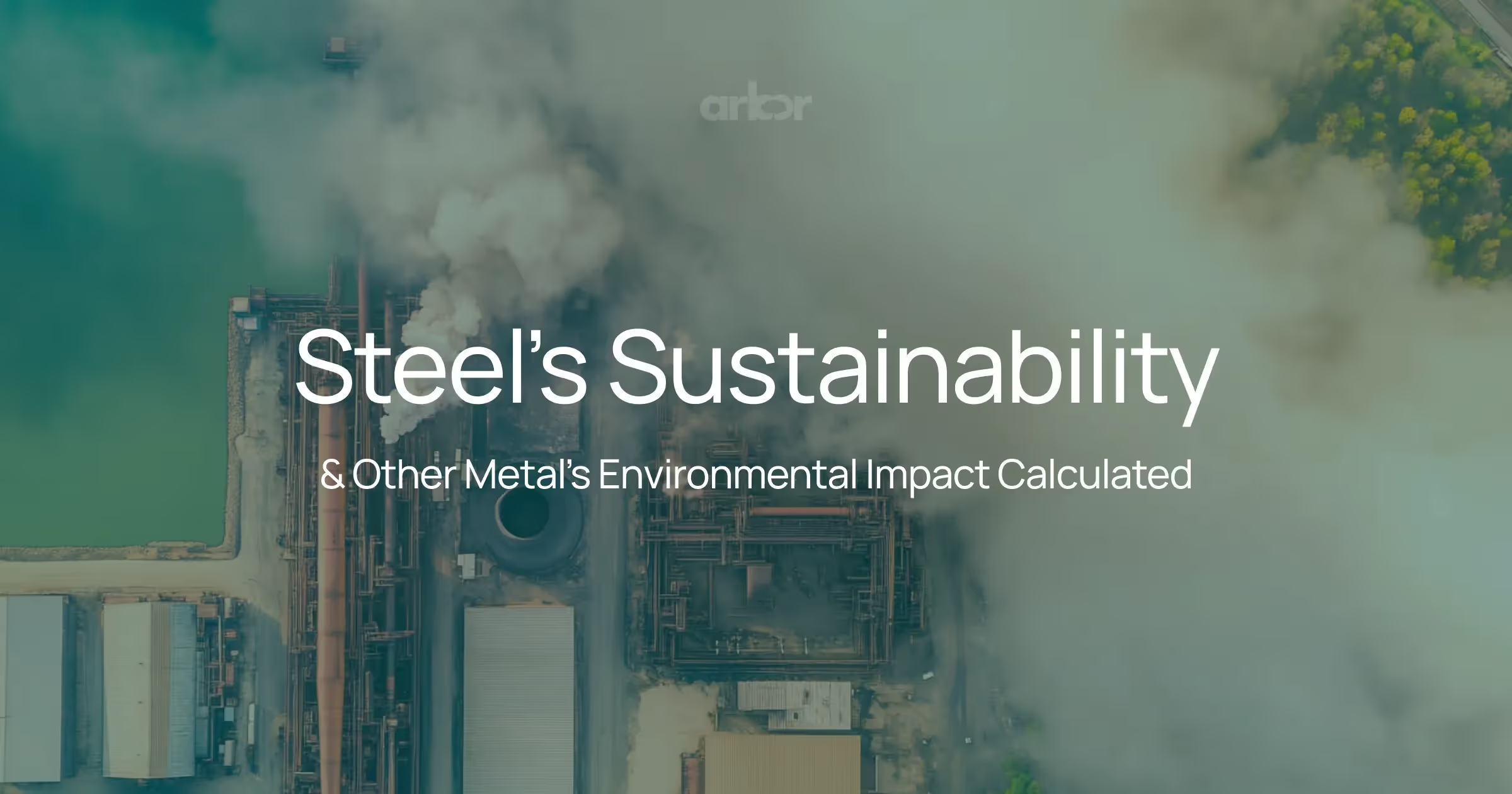

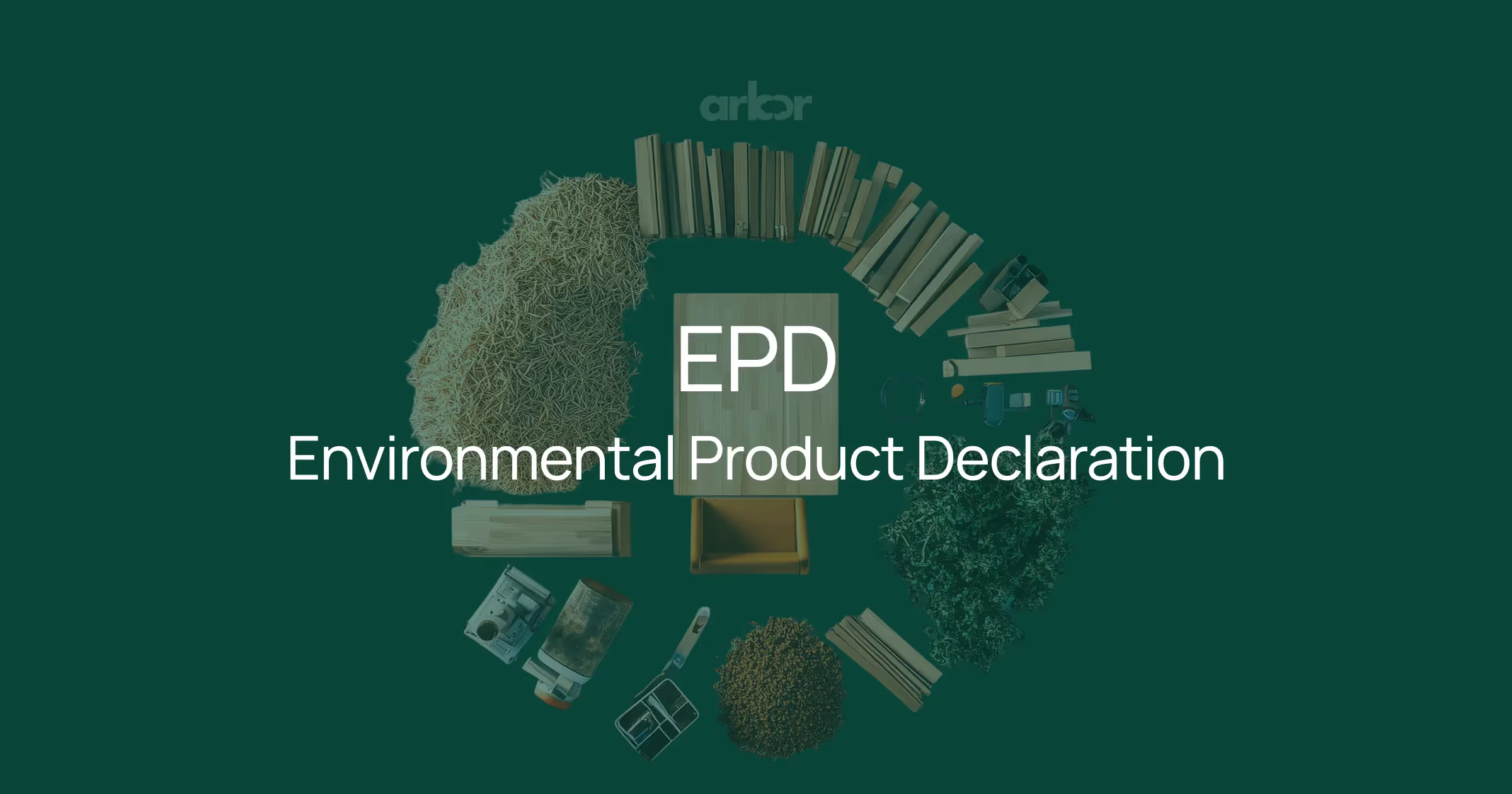
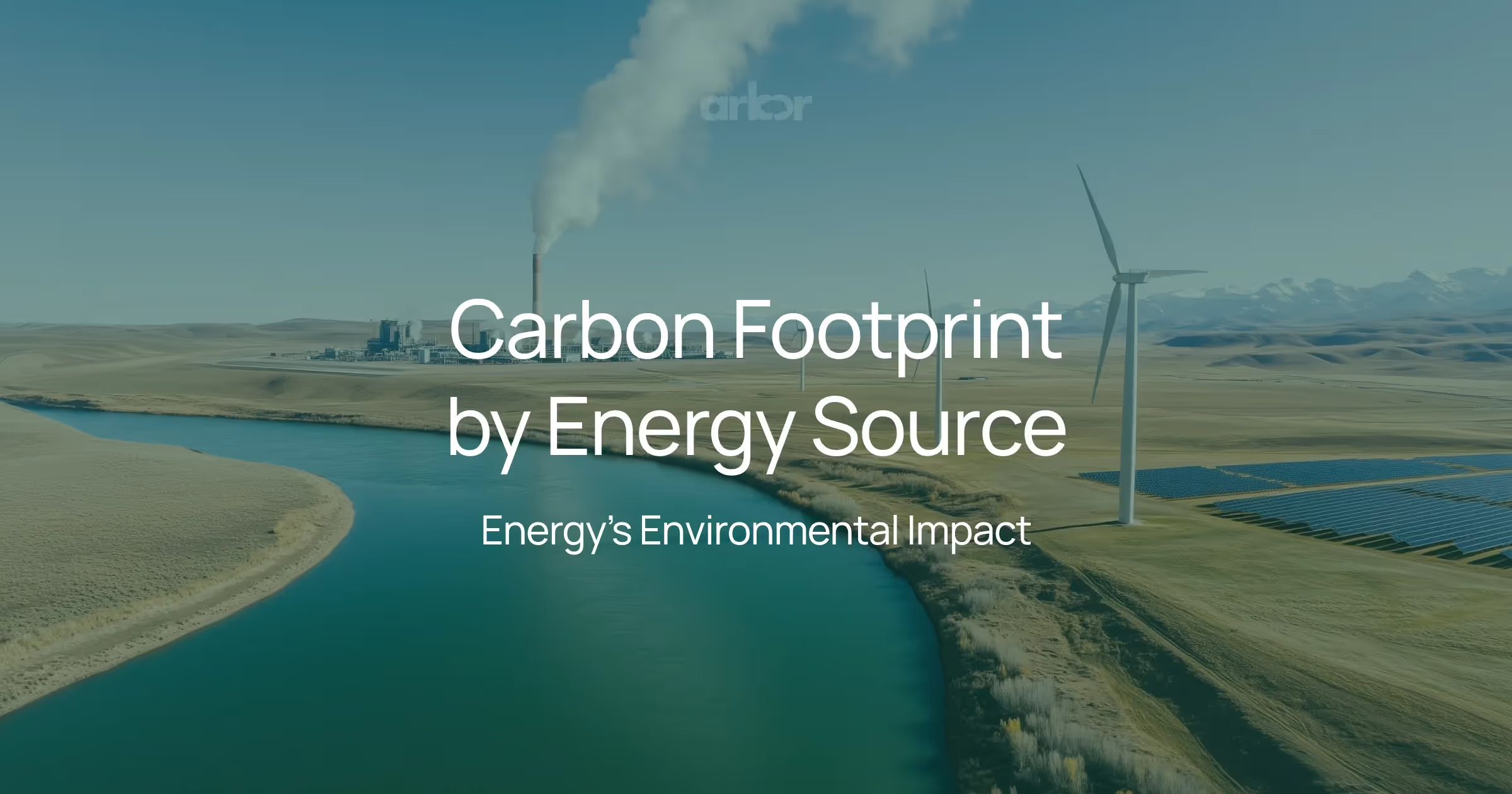
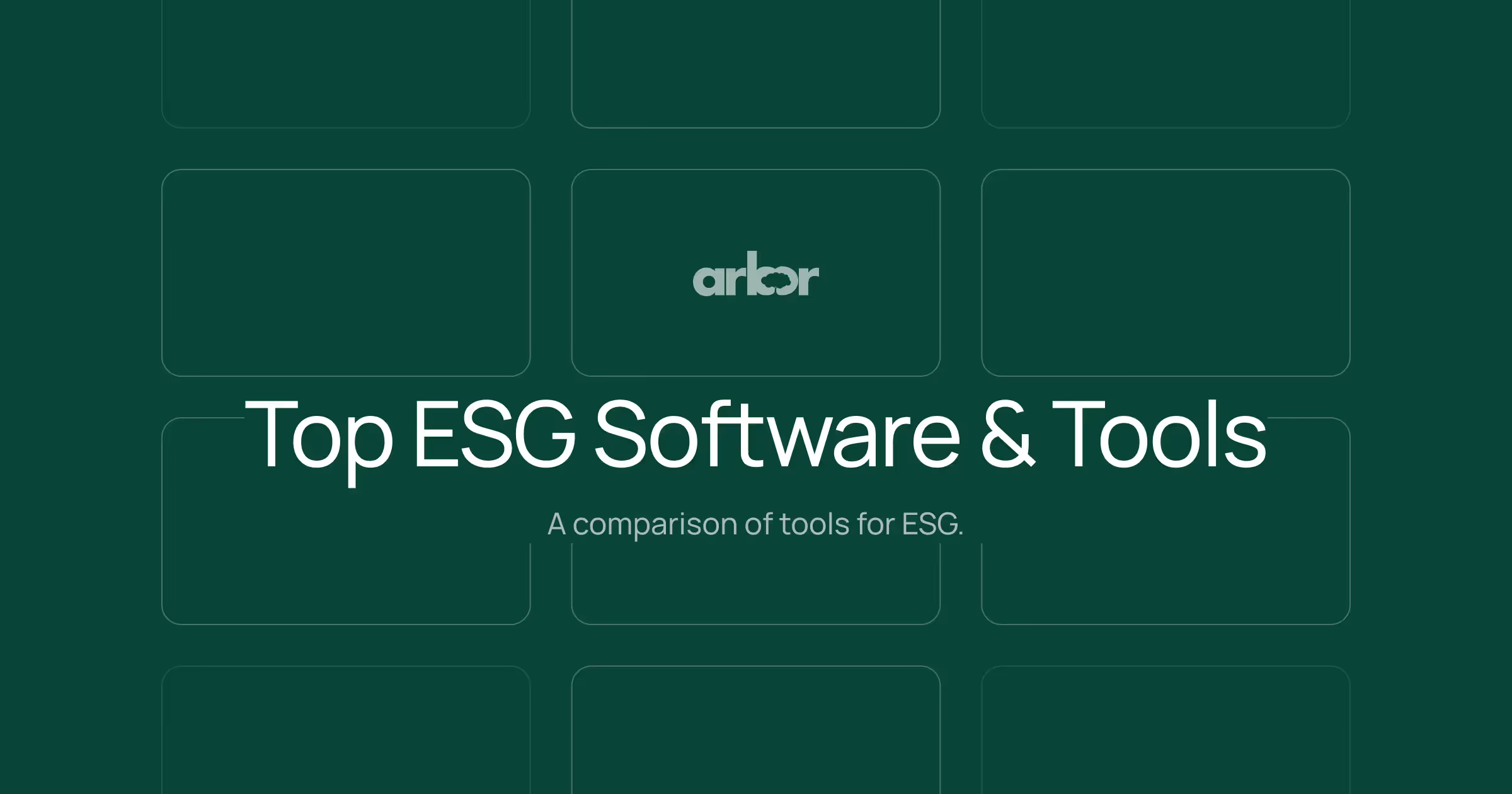

%20Arbor.avif)
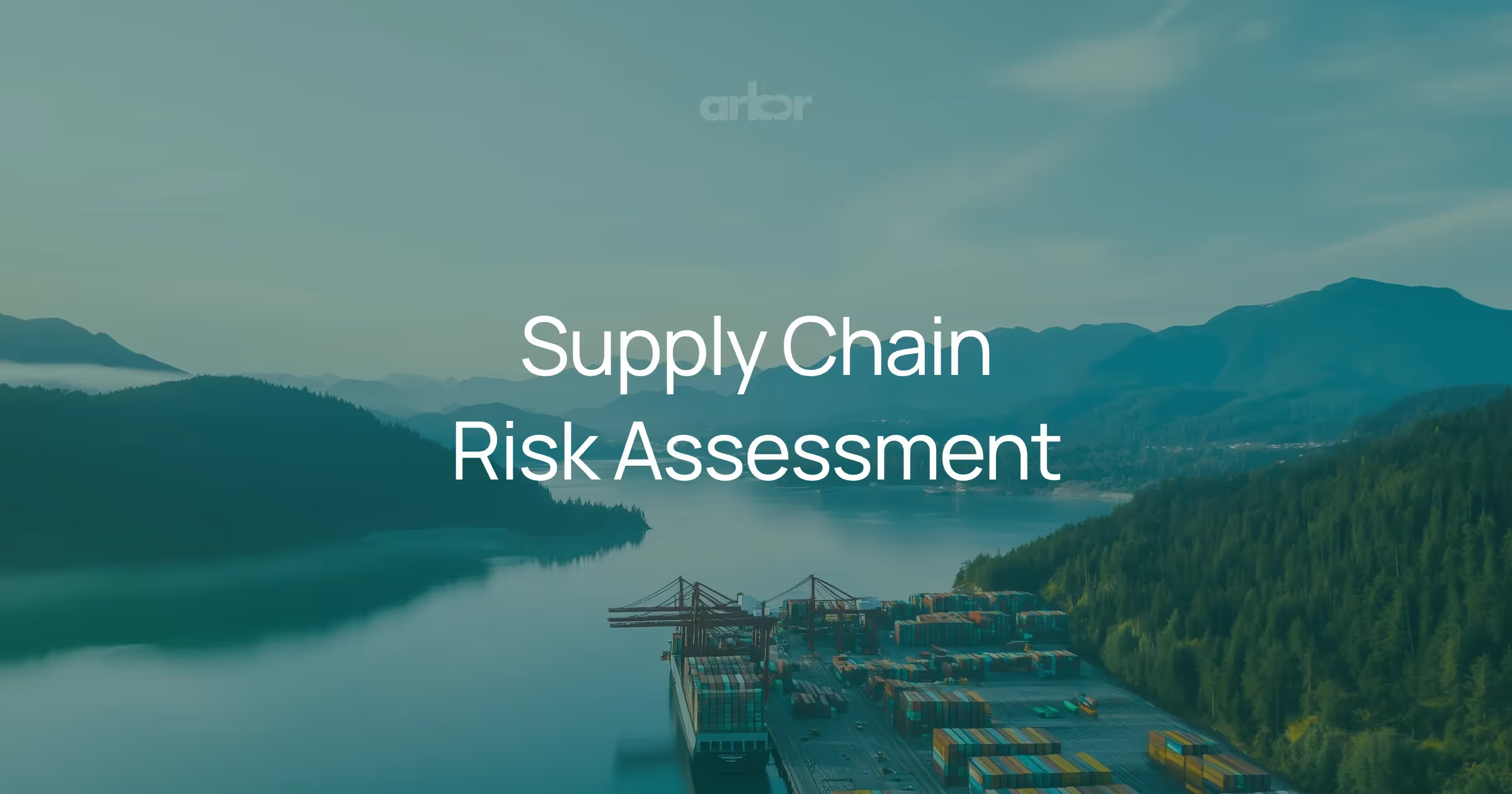




%20Arbor.avif)
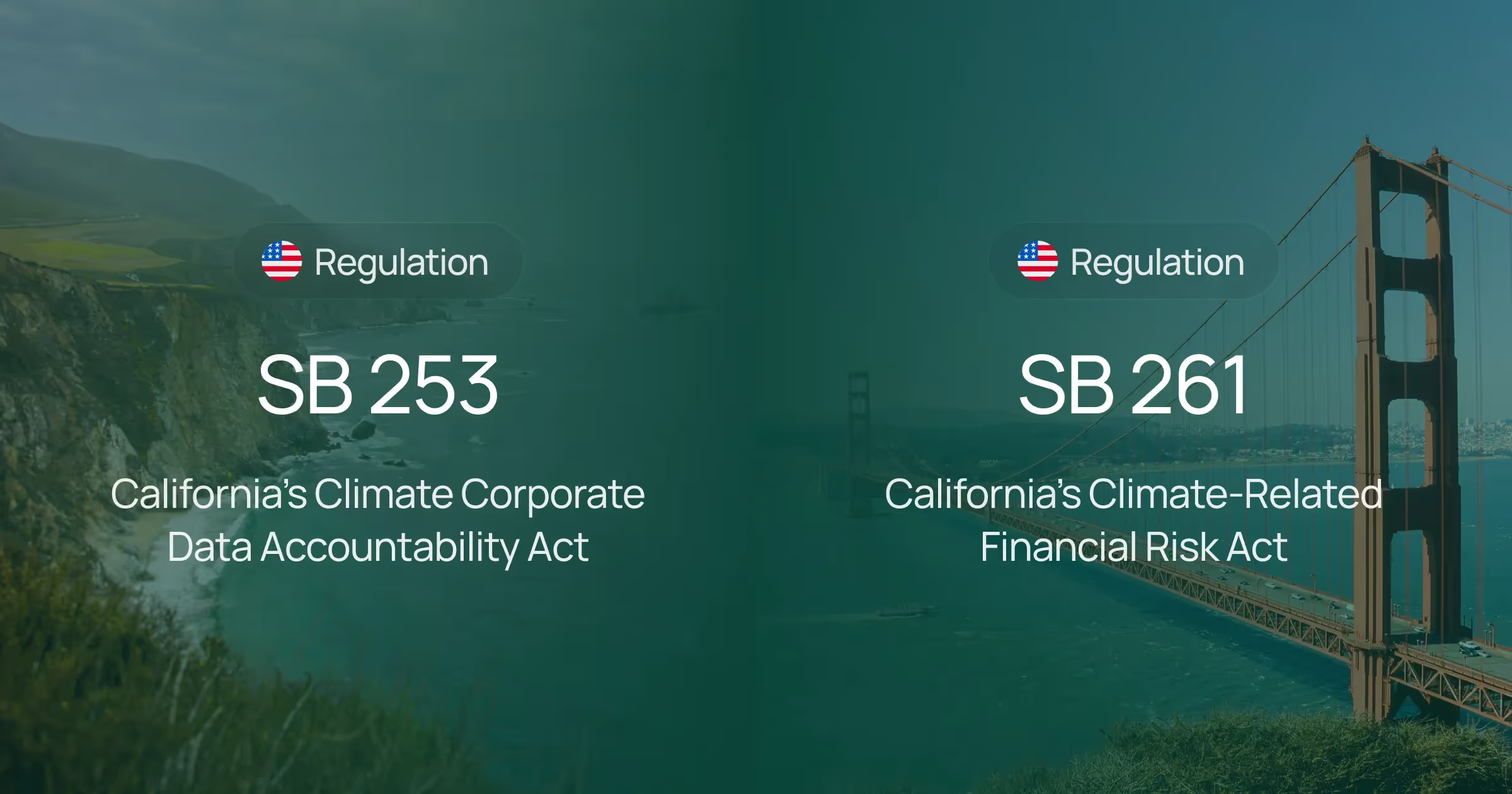

.avif)
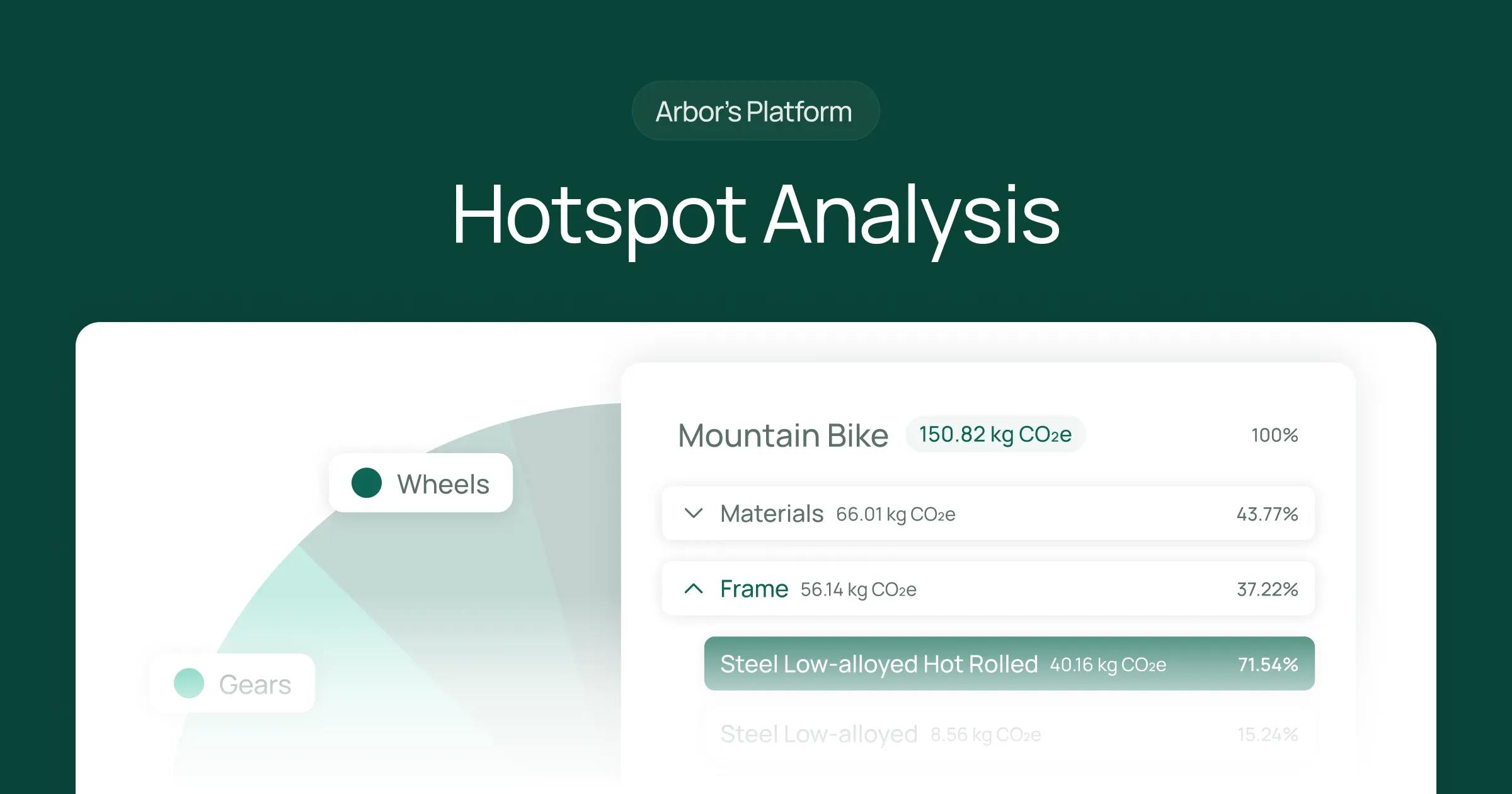
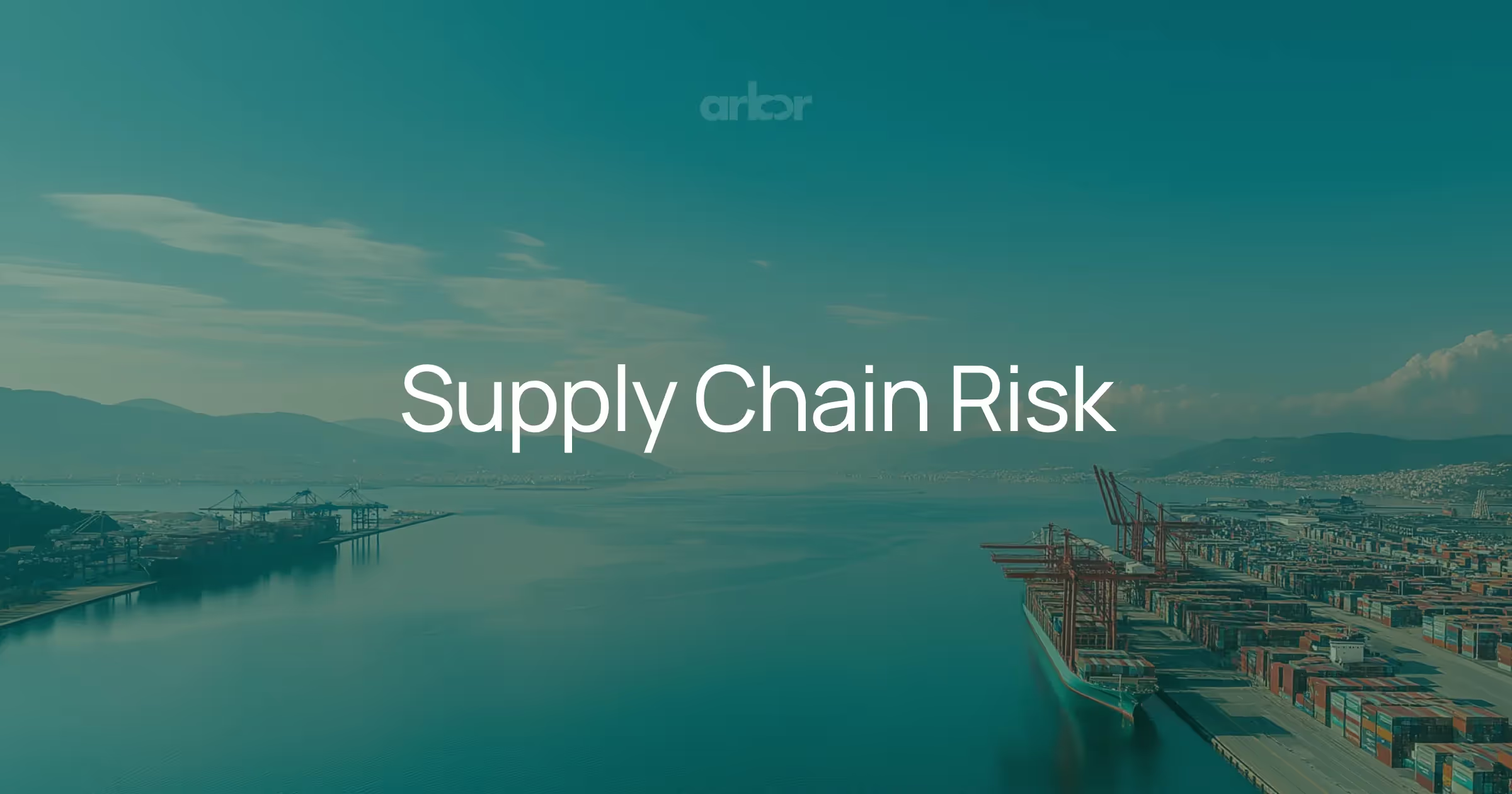
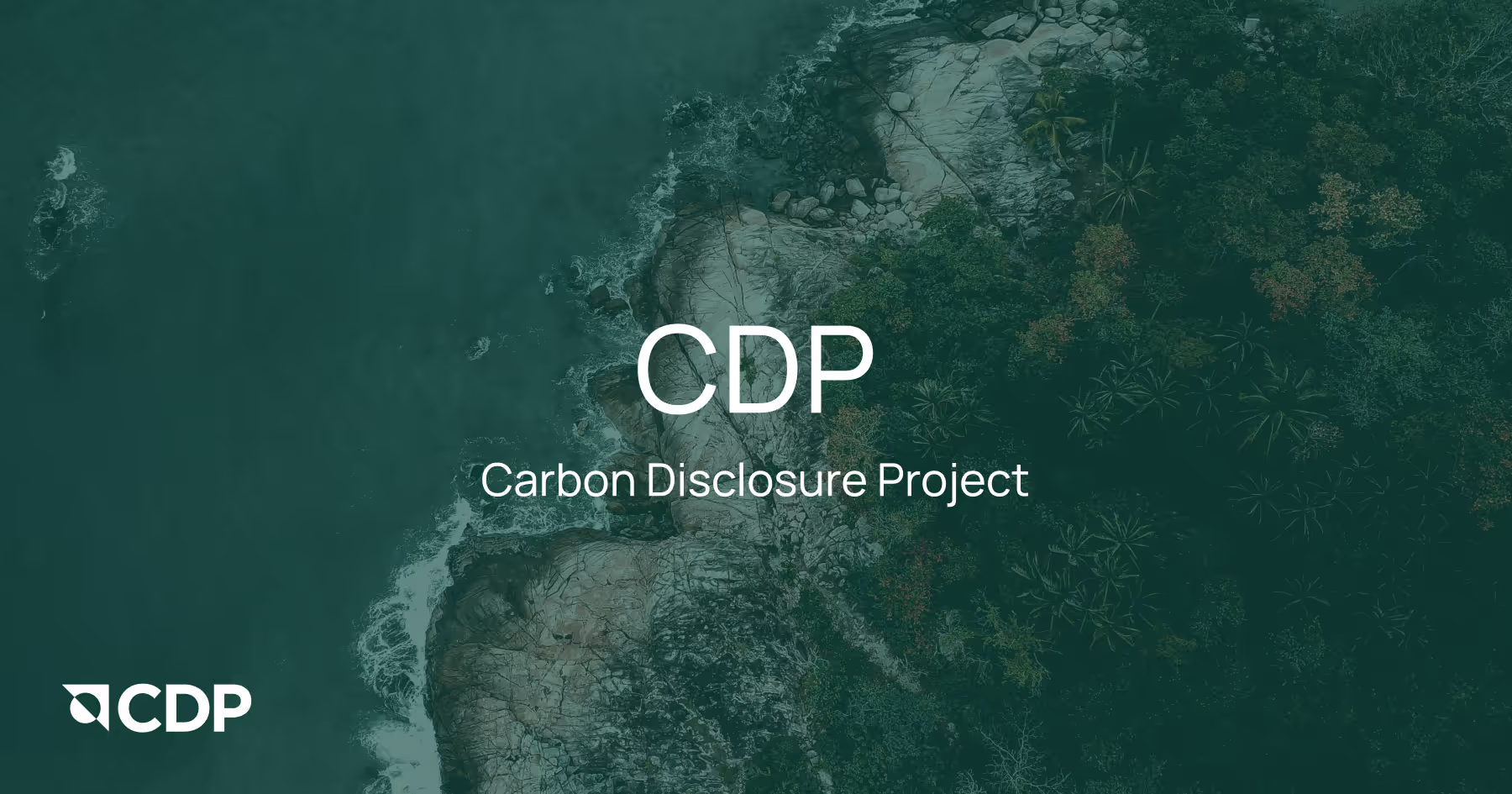

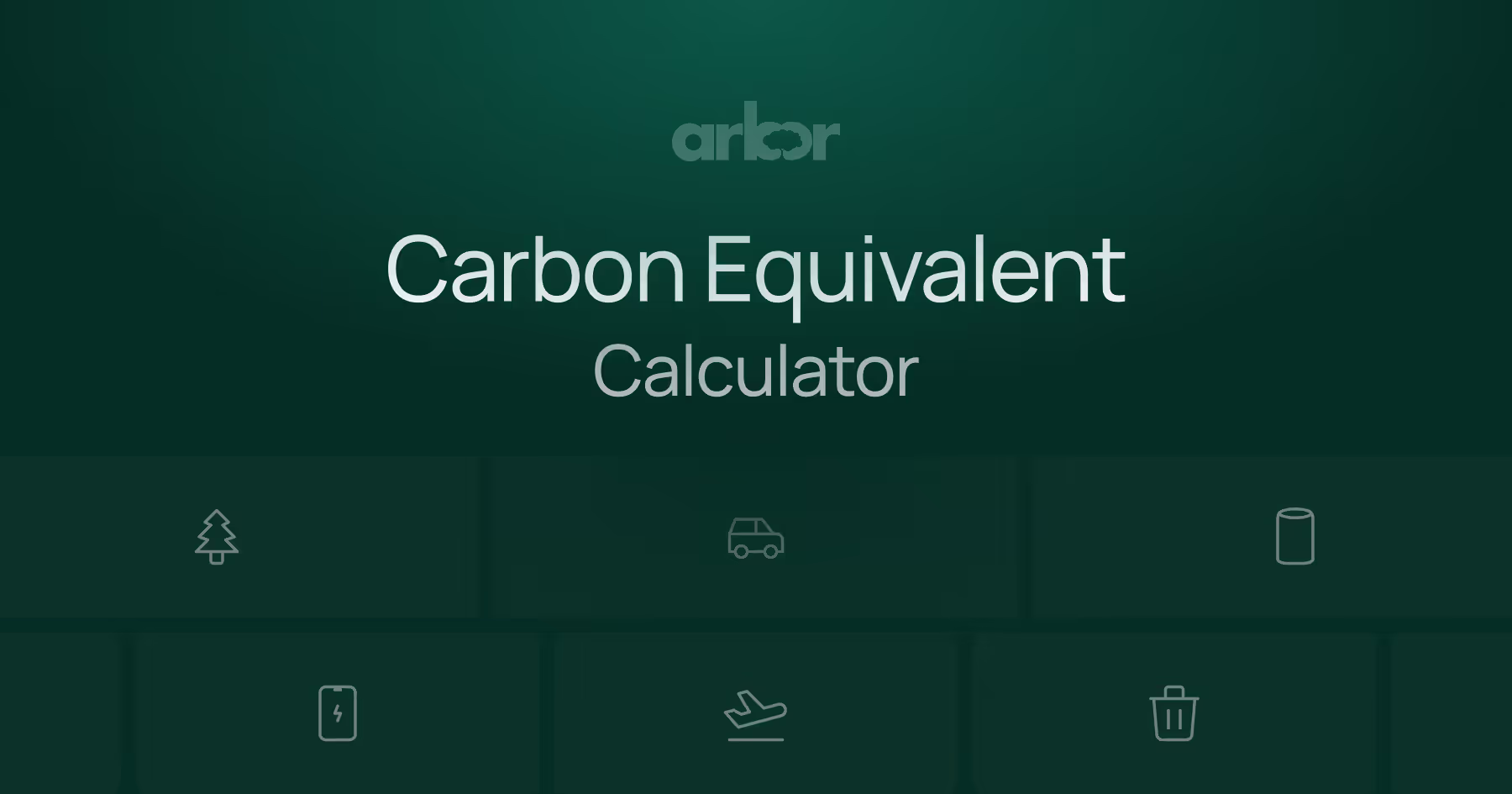

%20Arbor%20Canada.avif)
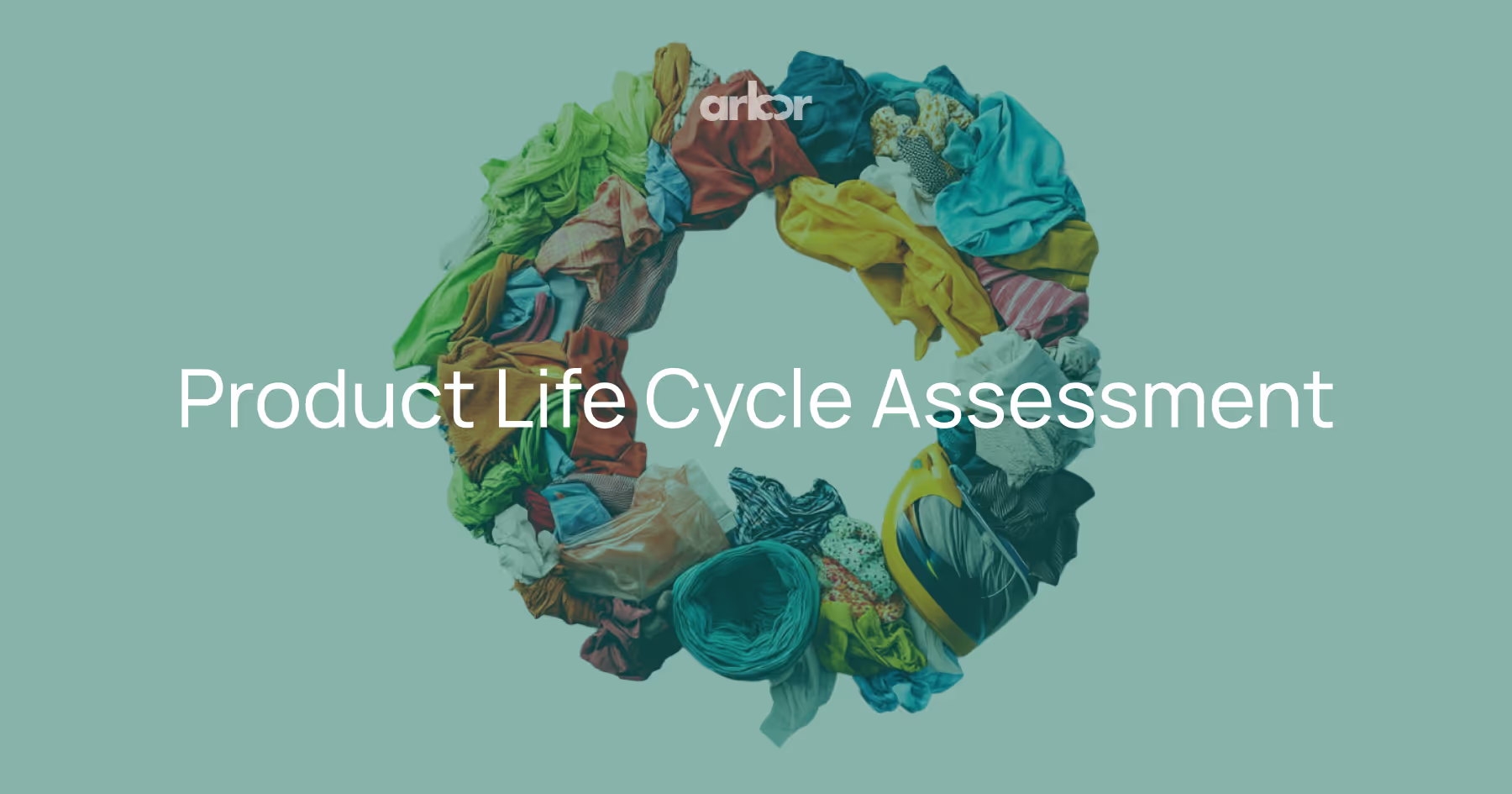
.avif)
%20Arbor.avif)
.avif)
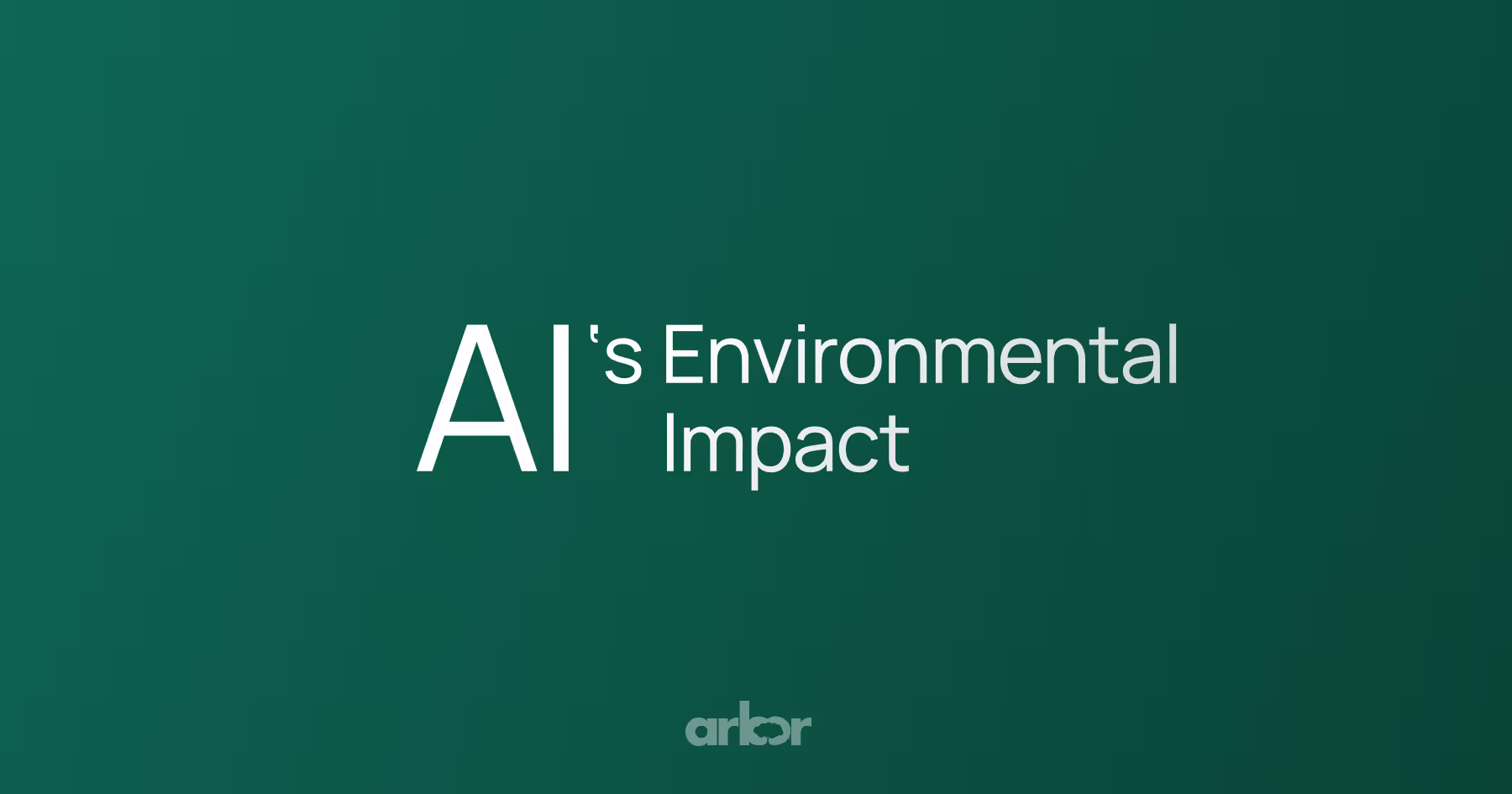

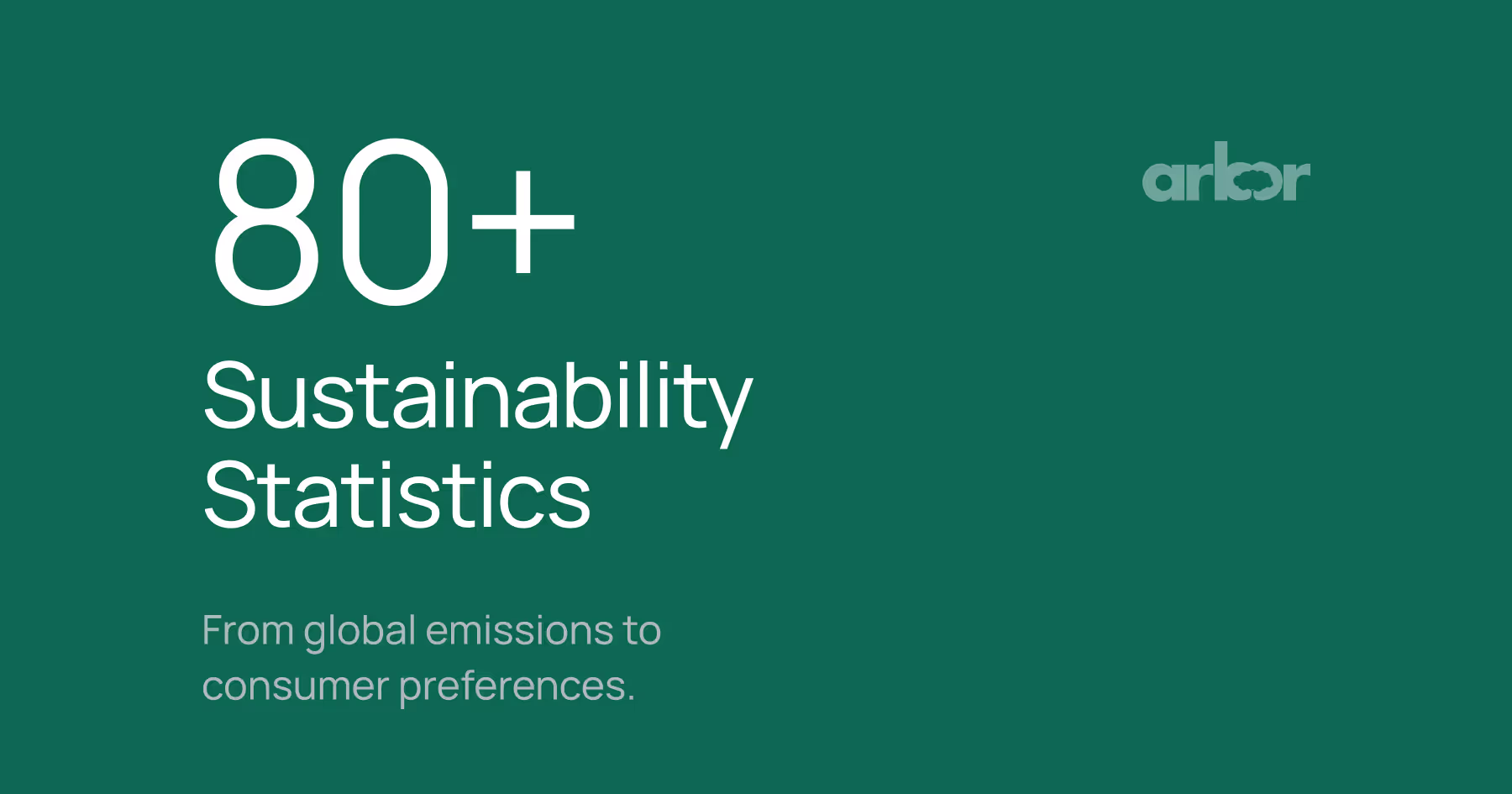



_.avif)
.avif)
%20Arbor.avif)




%20Software%20and%20Tools.avif)





.avif)
.avif)
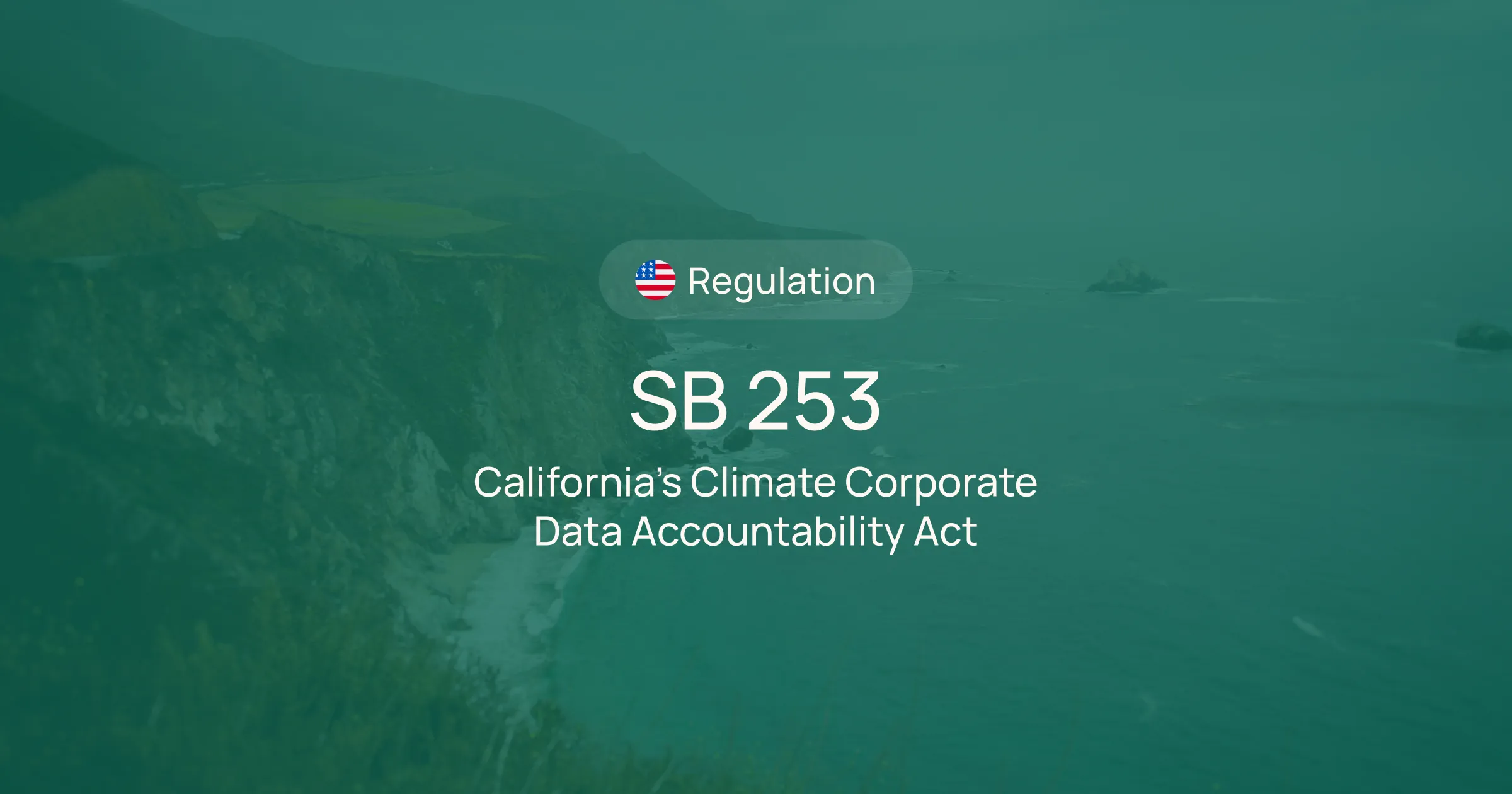















.avif)


%20Arbor.avif)









_%20_%20Carbon%20101.avif)







.avif)

.avif)
.avif)









